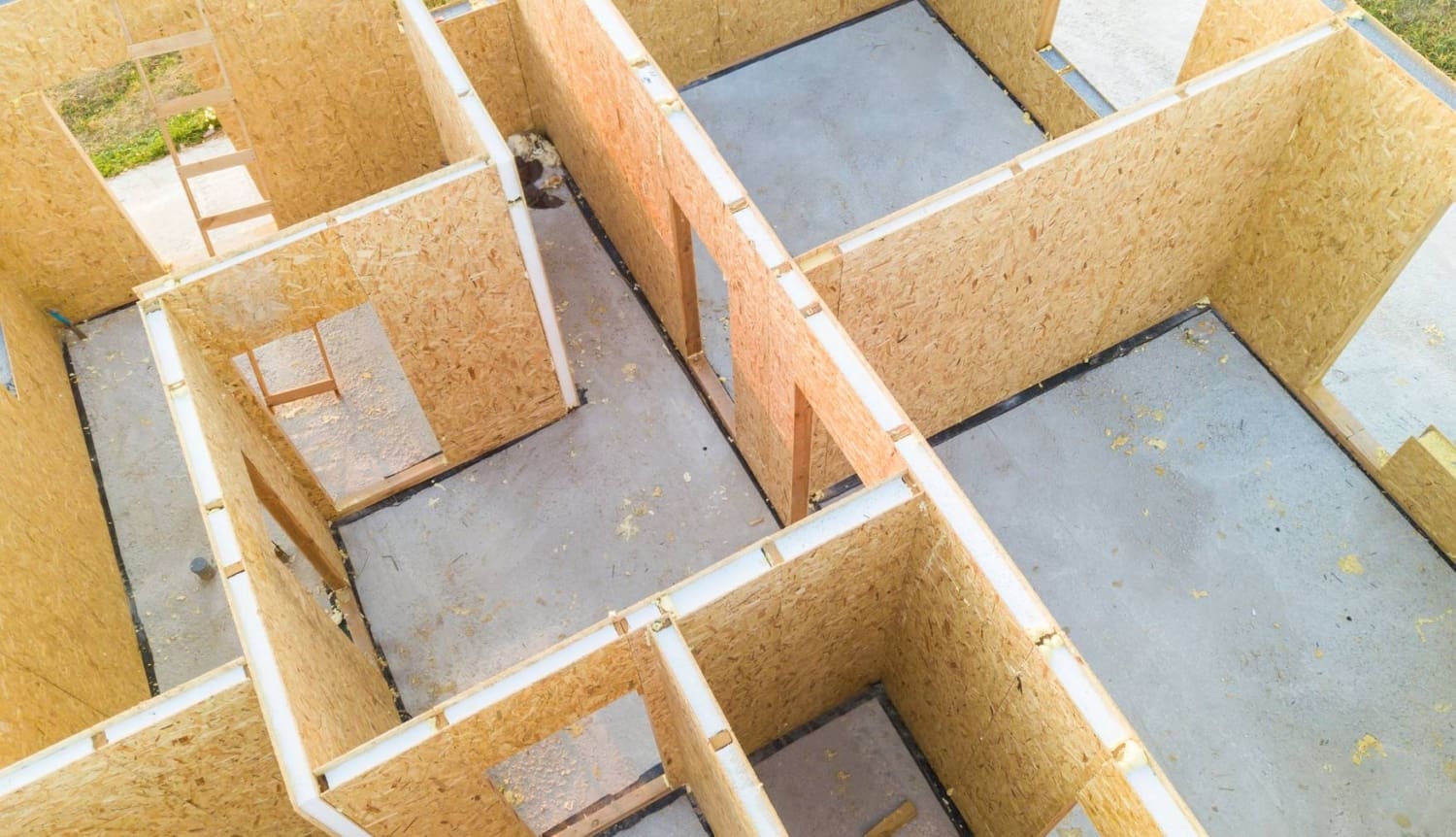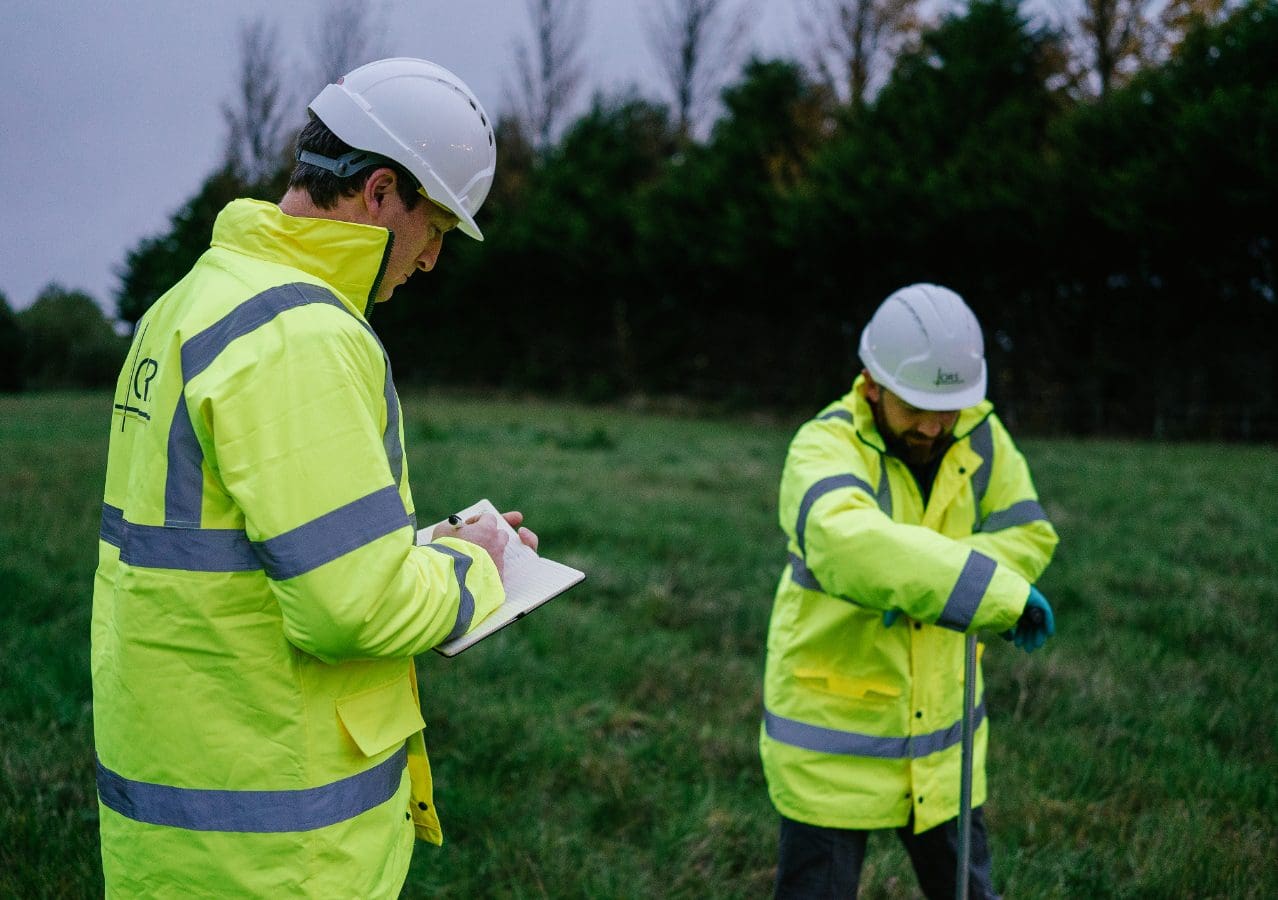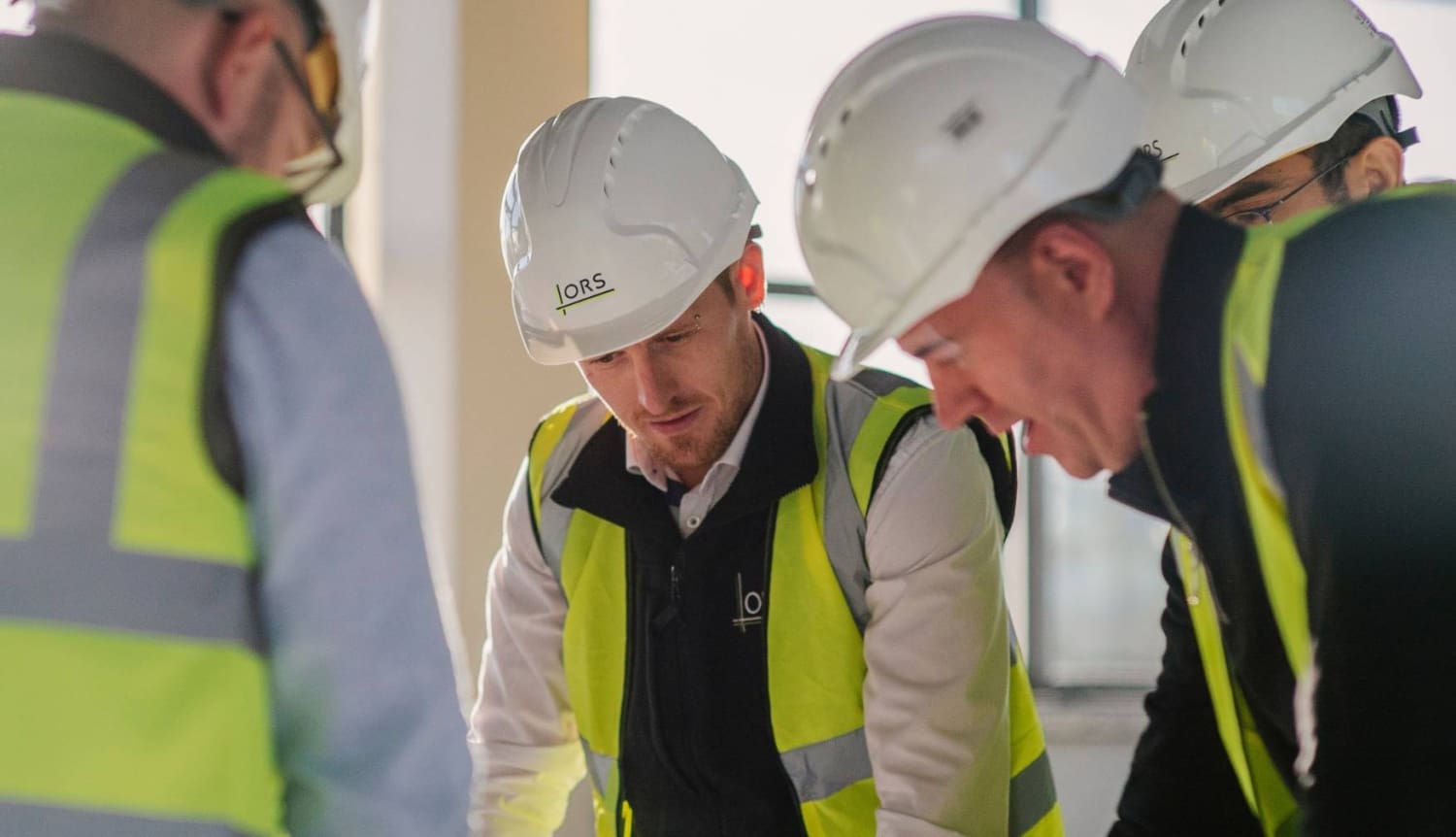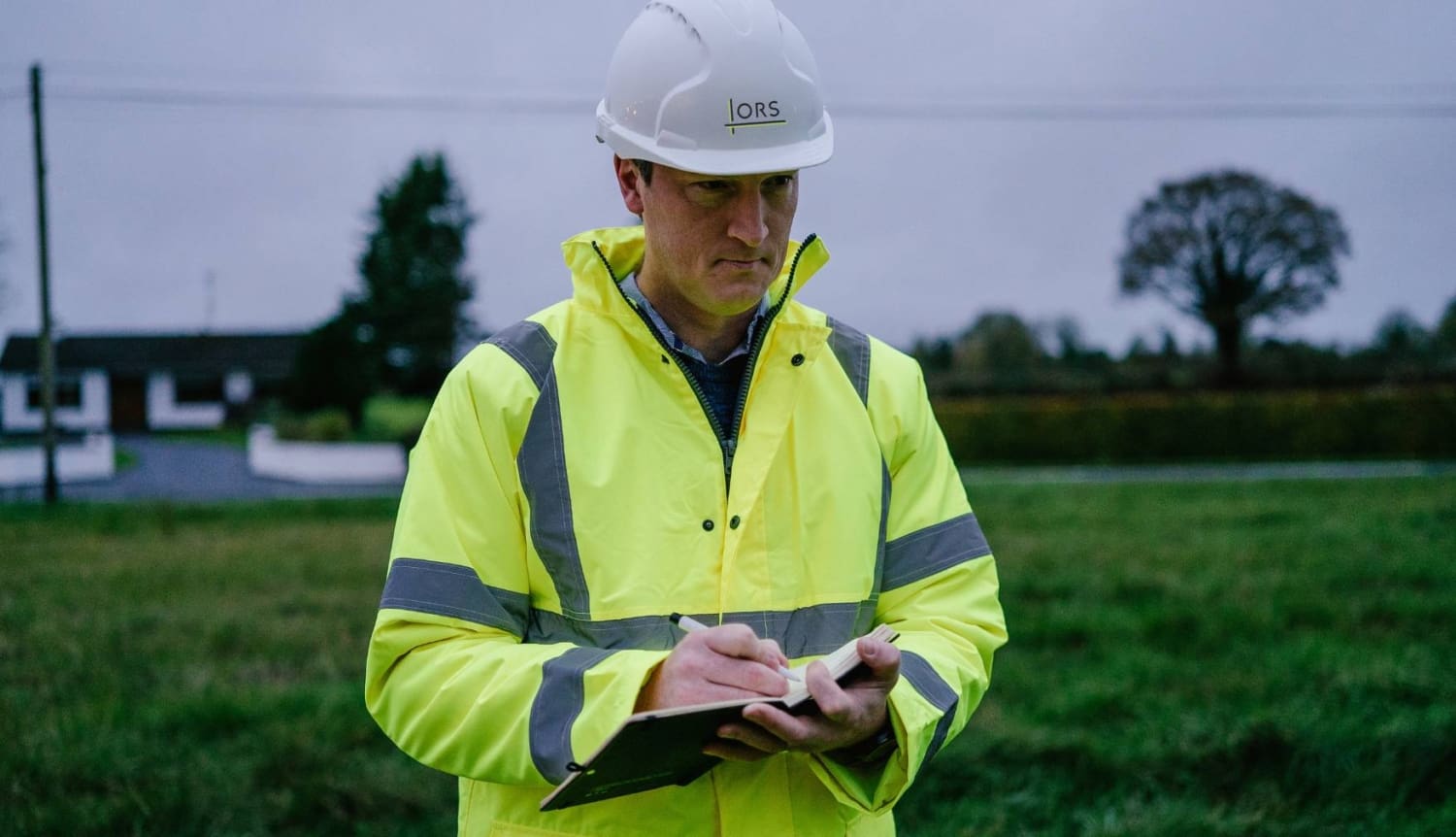Modular construction has been in use in Ireland for decades and is now a well-established ‘modern method of construction’ (MMC) in the construction industry. Two-dimensional and three-dimensional pre-fabrication is available in all forms of construction and is favoured in cases where a large degree of repletion and modularisation can be achieved, such as multi-unit residential
Read More
Closure Restoration and Aftercare Management Plans (CRAMPs) are vital in determining and addressing environmental liabilities associated with the closure and decommissioning of facilities. These plans provide a comprehensive framework for costed mitigation and monitoring measures post closure, ensuring responsible environmental management. In this blog post, we will explore the key components of CRAMPs and shed
Read More
What is an Environmental Impact Assessment Report (EIAR)? Environmental Impact Assessment (EIA) is a process of assessment of the effects of a proposed development on the environment, which helps to ensure that the environmental consequences of the project are understood before a decision to grant planning permission is reached. In Ireland, the formal EIA process
Read More
Challenges for Connecting Solar Farms As Ireland moves towards its net zero carbon targets, as set out in the government’s Climate Action Plan 2023, the role of renewable energy generators such as solar farms are of growing importance. However, the process of bringing new solar farms to completion and connecting them to the national grid
Read More
The Strategic Housing Development The Strategic Housing Development (SHD) process was first introduced in 2016 and was set up to fast-track residential units. SHD application processes were submitted directly to An Board Pleanála for consideration as opposed to the relevant local authority. This process was envisaged to provide swifter procedure in getting large scale planning
Read More
The Importance of a Project Manager The expansion and growth of the construction industry in Ireland over the past few years has led to the increased demand for competent project managers to ensure that projects are delivered safely, on time, within budget, and to the required specifications. The project manager is also responsible for managing
Read More
Assigned Certifier role in Building Control Compliance As Assigned Certifiers for some of the largest residential developers in Ireland, ORS takes on a crucial role in ensuring compliance with Building Control regulations. We act as the eyes and ears for Building Control, collating all relevant certificates from the Design Team members, sub-contractors, and specialists. This
Read More
A Flood Risk Assessment (FRA) varies in complexity and scale. Stages 1 and 2 FRAs are desktop based and identify whether there may be flooding, and qualitatively assess and review the flood risk. Stage 3, however, involves more detailed and uncontrollable variables. It is a detailed quantitative assessment of potential flood events and involves site
Read More
Introduction When designing and constructing multi-storey residential or commercial buildings, ground-floor retail units are sometimes an afterthought. This is predominantly due to uses of the upper floors taking precedence from a design, financial and size point of view e.g. residential and office space. Tenants will typically conduct feasibility reviews of several potential units at
Read More









